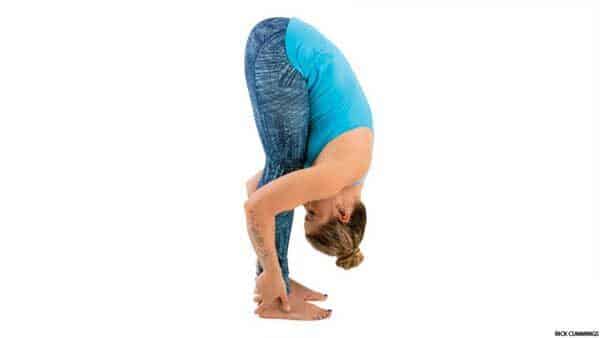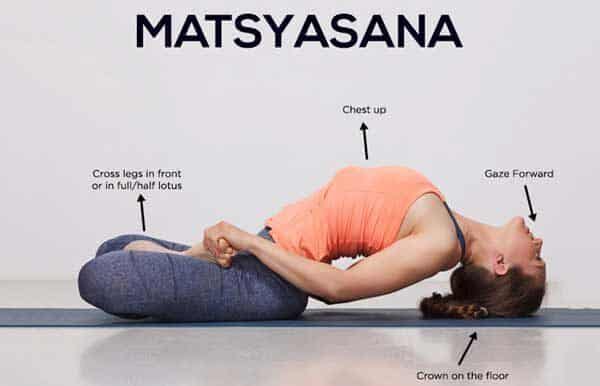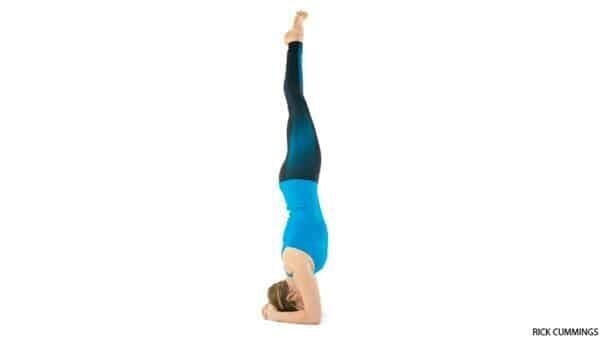Learn in detail about the various mental health disorders and how yoga aids in improving the mental health of a person.
Living a modern life can be taxing. City dwellers often face a high risk of social isolation, environmental stressors, work pressure, poor sleep patterns, etc. that pose a risk to their mental health. It is not an unknown fact that mental health is generally treated differently than physical health, and sometimes it becomes baffling to understand how and why it affects us. Also, there are several individuals who fail to understand that mental health is as important as physical health. In fact, mental health is physical health; the two are inseparable.
Mental health issues can engulf a person of any age, gender, family history, background, etc. From office goers to house makers and even children of the present generation complain about the varying signs of mental issues. Well, there is no test that can let someone know if it is a mental illness or atypical behavior of a person.
Some common symptoms of mental health disorders are as follows: Excessive fear, lack of concentration, avoiding social activities, multiple physical ailments, constant sadness, and so much more. Additionally, studies interlink the development of various mental health disorders such as schizophrenia, depression, panic attacks with an urban lifestyle. Here are some of the mental health disorders that impact the quality of life of a person.

1. Schizophrenia: A chronic mental illness that affects a person’s thoughts, feelings and behavior. A person suffering from schizophrenia undergoes reduced feelings of pleasure in daily life, poor cognitive functioning, impaired focus, and reduced speaking.

- Depression: A severe mental health issue that interferes with the day-to-day functioning of a person. Persistent sadness, a feeling of hopelessness, worthlessness, decreased energy, fatigue, restlessness, suicidal tendencies, etc. are some of the symptoms of people suffering from depression.

- Bipolar Disorder: Bipolar disorder or manic-depressive illness is a brain disorder that causes unusual mood swings and episodes of emotional shifts. These mood shifts affect sleep patterns, thinking capacity, and energy levels.
While the revolutionary medications, therapies, psychosocial services such as psychiatric rehabilitation have made wellness and recovery a reality for people living with mental illness. Choosing the right mix of treatment and medications is an important step in the recovery process. Along with treatment, you can adopt a well-rounded and integrated healing plan that can work wonders for you. The science of yoga holds promising benefits for the future.
The art of yoga is a mind-body exercise that works with nature how the brain functions, our emotions and can even affect us spiritually if we consider the practice of opening our chakras“, how emotions affect our behavior and mind. The process of immersing oneself in the practice of physical yoga asanas and mindful meditation eventually modulates the stress, prevents a buildup of repressed emotions in the brain and cultivates relaxation. The practice of yoga poses encourages the stretching of muscles that releases tension from the body. Yogic breathing techniques enhance the flow of prana and trigger a soothing state of mind. Dig deeper into the roots of mental and emotional benefits with the practice of yoga.
Some key benefits of yoga for mental health:
- It kick-starts the parasympathetic nervous system: The daily humdrum of life, hectic office-schedule and so much more triggers the sympathetic nervous system that initiates a series of negative changes in the body such as increased blood sugar levels, hypertension, etc. The practice of yoga moves you from sympathetic to a parasympathetic nervous system that calms your nerves, and using a comfortable and non-slip mat like Satori Concept’s cork yoga mat can enhance your overall yoga experience.
- Reduces anxiety and depression: Do you feel you live in stress all the time? With the help of yoga, you can throw those unhealthy feelings away. The practice of yoga including postures, breathing techniques, and meditation reduces the development of stress hormones and provides the means for people to fight and resolve anxiety and depression.
- Yoga enhances memory, concentration, and focus: There are several instances in life when we find it difficult to concentrate on daily life tasks. The science of yoga is effectual in boosting memory, sharpening focus and enhancing concentration. Dharana is a powerful means to clear the mind of all chaos and soothe the nerves of the brain.
There are plenty of psychological, cognitive benefits of yoga, and several studies suggest promising results of yoga for mental health. Take a look at yoga poses for mental health:

- Standing forward bend pose or Uttanasana: Stand on a floor with feet hip-distance apart and hands on your hips. Make sure your back is straight. Exhale; raise your arms overhead and while you inhale bend your torso forward. Bring your hands to rest beside each foot on the ground. Keep your knees straight during the entire pose. Hold this posture for 10–15 seconds.

- Fish Pose or Matsyasana: Lie on a yoga mat with arms at your side and palms facing the ground. Press your forearms into the ground to lift your chest, shoulders, and torso off the floor. Tilt your head backward and bring the crown of the head on the yoga mat. Remain in this pose for five relaxed breaths.

- Headstand or Sirsasana: Kneel on a yoga mat and lower your forearms in front of you. Place your elbows shoulder-width apart and interlock your fingers. Bring the crown of your head to the ground with hands surrounding the head. Straighten your legs, raise your posterior to come into an inverted ‘V’ position. Bend your knees, slowly straighten your legs up towards the ceiling and lift your hips off the mat. Make sure your body falls in a straight line. Retain the pose for 5–10 seconds.
Wellness includes balanced physical, mental and emotional health of a person. Improve your mental health in order to lead a productive life as well as to holistically embrace wellness.
This guest post was written by Manmohan Singh
Manmohan Singh is a passionate Yogi, Yoga Teacher and a Traveler in India. He provides yoga teacher training in Rishikesh, India. He loves writing and reading books related to yoga, health, nature and the Himalayas. For more information about him, visit his website https://www.rishikulyogshala.org/










